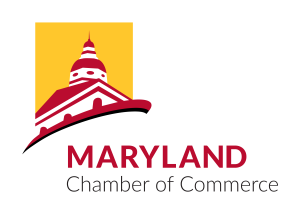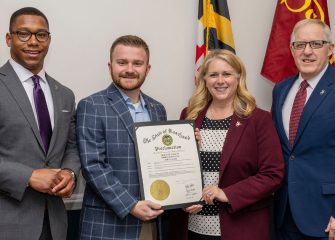
Salisbury, MD – Maryland is experiencing a shortage of 96,000 housing units, according to the Moore Administration. The Governor’s office says the state expects an average negative rate of 5,600 units being added to the market per year.
As part of the 2025 budget, Maryland Governor Wes Moore announced a package of three bills, aimed at overcoming that discrepancy. The bills seek to do so by increasing funding for housing, reducing barriers to new construction, and protecting Maryland’s most vulnerable renters.
The Housing Expansion and Affordability Act of 2024 seeks to establish regulatory incentives to vital development, to address the housing supply and affordability crisis in a manner that is sensitive to local zoning, while still decreasing the required public comment and allowing developers to increase the people per acreage if the units meet certain criteria.
That includes proximity to transit hubs as well as being a historically underserved community.
“Together, these bills will spur new housing construction, enhance long-term financial investment in low-income areas, centralize resources and address pressing issues for Maryland renters, and get our economy moving again,” said Maryland Department of Housing and Community Development Secretary Jake Day. “The process to develop these proposals has been collaborative, as addressing this housing crisis head-on requires working with local officials, advocates, the private sector, and legislators.”
Salisbury Area Chamber of Commerce President Bill Chambers tells 47 ABC WMDT the measure is an expansion of the efforts undertaken by Day during his tenure as the mayor of Salisbury.
Chambers believes the investment can help grow the tax base, and the safety of the revenue of the area, by prioritizing high density compared to single-family unit suburbs.
“You’re not just collecting residential taxes; you’re collecting business taxes, you’re driving commerce into an area that’s high density. And, that that will help repay either government subsidies or grants or bonding for a project, whether it’s roads, water, sewer, public safety. You’ve got to go mixed-use, you know?” Chambers said. “Ultra suburban locations have much higher taxes as a reason. Because their budgets are backed, their budgets are built on the backs of residential property taxes.”
The second bill, The Housing and Community Development Financing Act of 2024, would create a new department within the state. The department would be able to take on and disperse US Treasury bonds to help for the financing of new homes within the state to stimulate economic development.
The new department would take advantage of the New Market Tax Credit, which is used primarily to fund commercial, industrial, and community facilities, and
mixed-use real estate projects.
The final bill as part of the package, the Renters Rights and Housing Stabilization Act of 2024, would seek to make it harder for Marylanders to lose their existing homes. It would also look to decrease the rate of evictions in the state, which according to the bill, have risen since the end of EMRAP payments in 2021.
The bill does not restore those payments, despite calls from advocates including Maryland Legal Access for those measures to be included. Rather, would establish an Office of Tenants rights, and increas the fee to file evictions for landlords.
Tenants would also have a Right of First Refusal under the legislation, which allows a renter the option to purchase the property themselves rather than it being sold to another landlord or potential inhabitant. That would remove a practice of selling a house out from under existing inhabitants to new ones and evicting the previous tenants.





